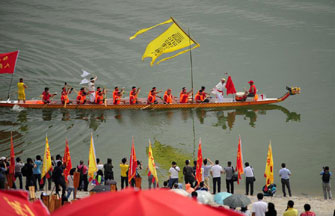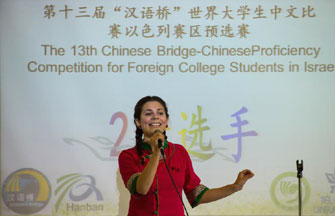Experts debated how to upgrade the quality of translation at the three-day Translation and Communication of Chinese Culture Forum at Beijing Language and Culture University that closed recently.
Some 400 professionals in the translation and cultural communications business, working in languages from English to Arabic, met to discuss problems and find ways to make this critical work better in the country.
"If you compare our economic power to its cultural influence, it's very disproportionate," says Wang Gangyi, the secretary-in-general at the Translators Association of China. "If we look at influential overseas publications on China after 2000, the majority of them don't come from the country."
"Putting the original Chinese meanings across is very important," says Chen Mingming, former ambassador to New Zealand and translator with the Ministry of Foreign Affairs.
"Translating should be up-to-date and especially careful with expressions uniquely Chinese. Otherwise, misunderstandings would spread."
For him, word-for-word renditions are not always effective in carrying out exact meanings.
"We Chinese tend to use a lot of adjectives to embellish, so what is said is often an overstatement," he says. "We also have set phrases which are metaphors whose true meanings lie very deep."
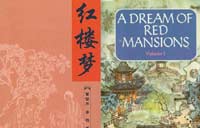
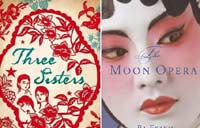
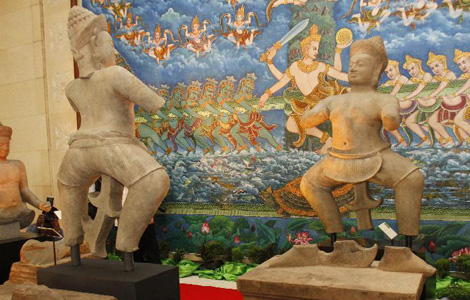
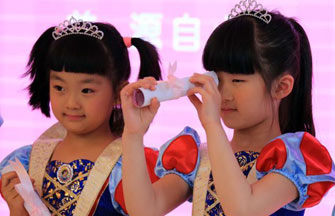




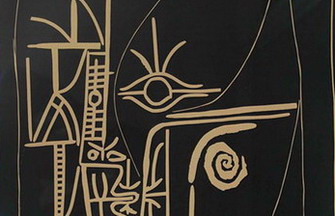





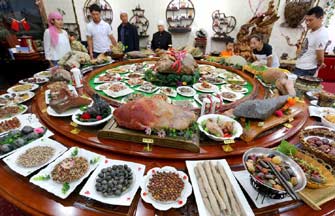



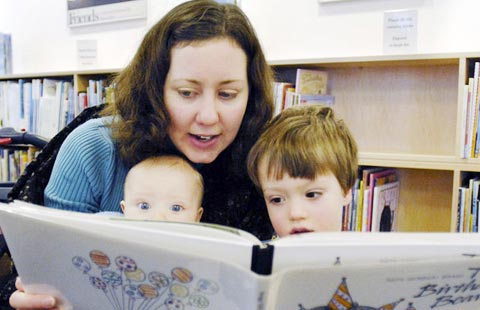
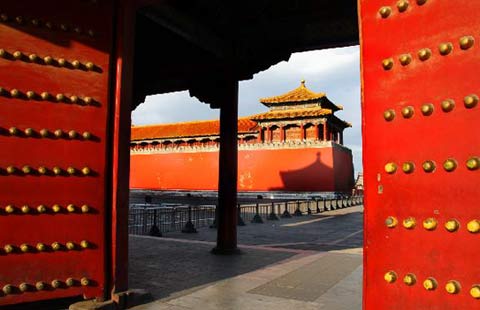


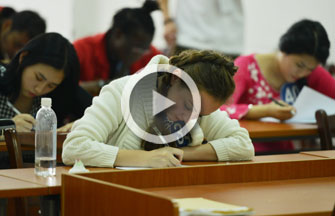
 Raymond Zhou:
Raymond Zhou: Pauline D Loh:
Pauline D Loh: Hot Pot
Hot Pot Eco China
Eco China China Dream
China Dream China Face
China Face


